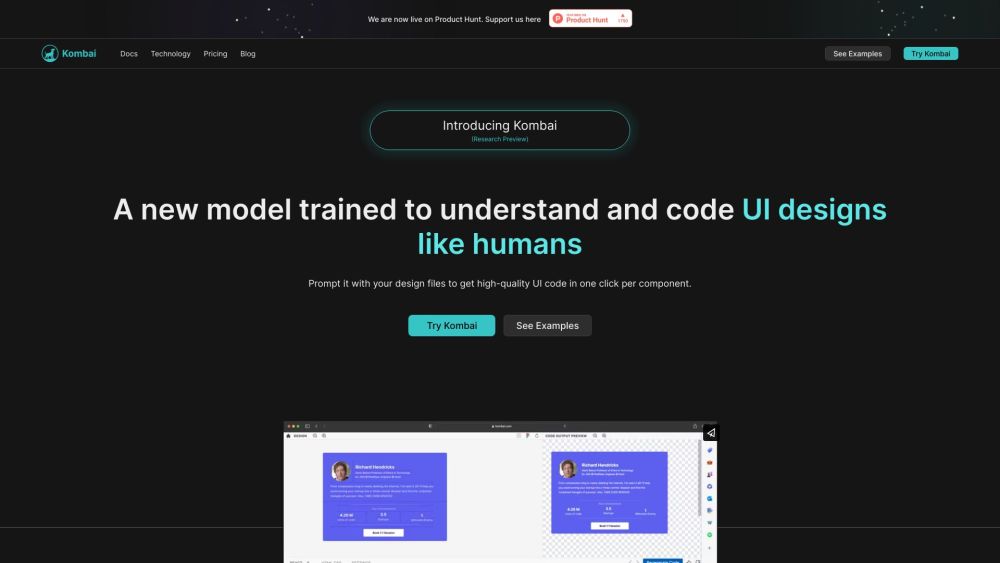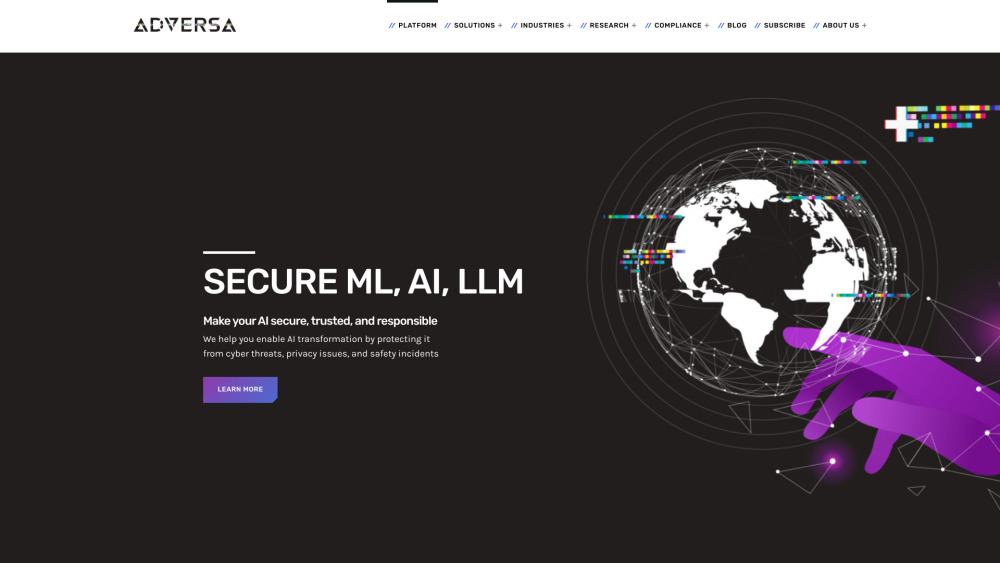German AI startup Aleph Alpha has successfully secured $500 million in a Series B funding round, supported by a consortium of seven new investors along with returning investors from earlier rounds. Founded in 2019, while Aleph Alpha's funding may seem small compared to Microsoft-backed OpenAI, which raised $11.3 billion, the startup emphasizes that its clients maintain “full sovereignty” over how they implement AI into their operations. This distinction sets Aleph Alpha apart from well-known foundational models like OpenAI, aligning more closely with startups like France's Mistral, which specializes in deploying large language models (LLMs) within major corporations.
The funding consortium is spearheaded by Innovation Park Artificial Intelligence (Ipai), with significant contributions from Schwarz Group, the owner of Lidl, and Bosch Ventures. Additional new investors include Berlin-based Christ&Company Consulting, Hewlett Packard Enterprise, SAP, and Burda Principal Investments, alongside participation from existing institutional backers.
Ipai, an AI innovation hub located in Heilbronn, Germany, was established with the support of a foundation founded by Dieter Schwarz, the Lidl founder. Backed by the state of Baden-Württemberg, Ipai is positioning itself as Europe’s largest AI cluster. In July, SAP joined Aleph Alpha’s funding efforts, also investing in AI startups Anthropic and Cohere.
In 2021, Aleph Alpha raised $27 million in a Series A funding round co-led by Earlybird VC, Lakestar, and UVC Partners, following an initial seed round of €5.3 million from LEA Partners, 468 Capital, and Cavalry Ventures in November 2020. The company has grown to approximately 70 employees, focusing on crucial areas such as EU-compliant data protection, security, and partnerships with government bodies, law enforcement, and the healthcare sector.
Jonas Andrulis, CEO and founder of Aleph Alpha, stated that the company intends to expand its service offerings while ensuring independence and flexibility for customers regarding infrastructure, cloud compatibility, on-premise support, and hybrid solutions.





